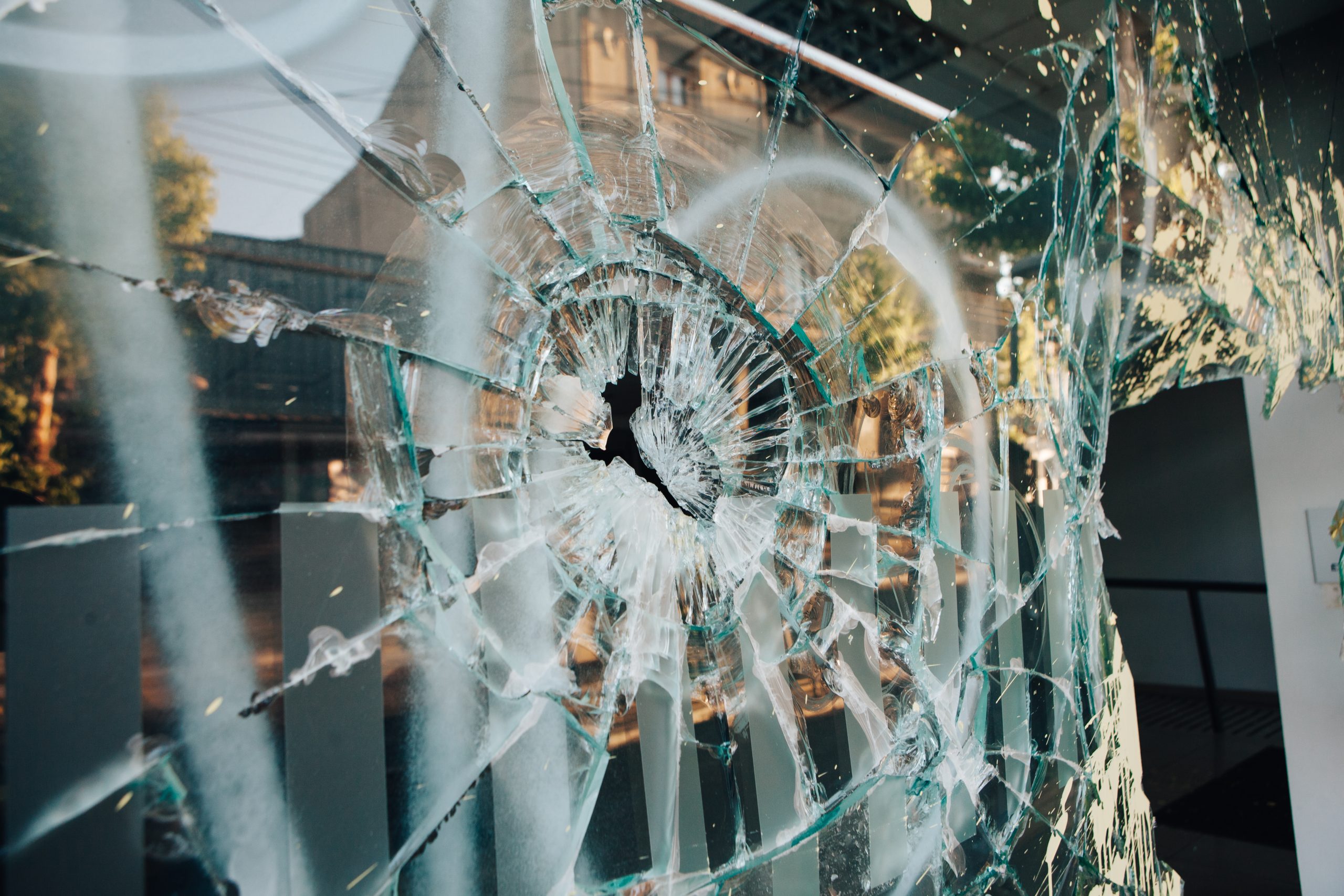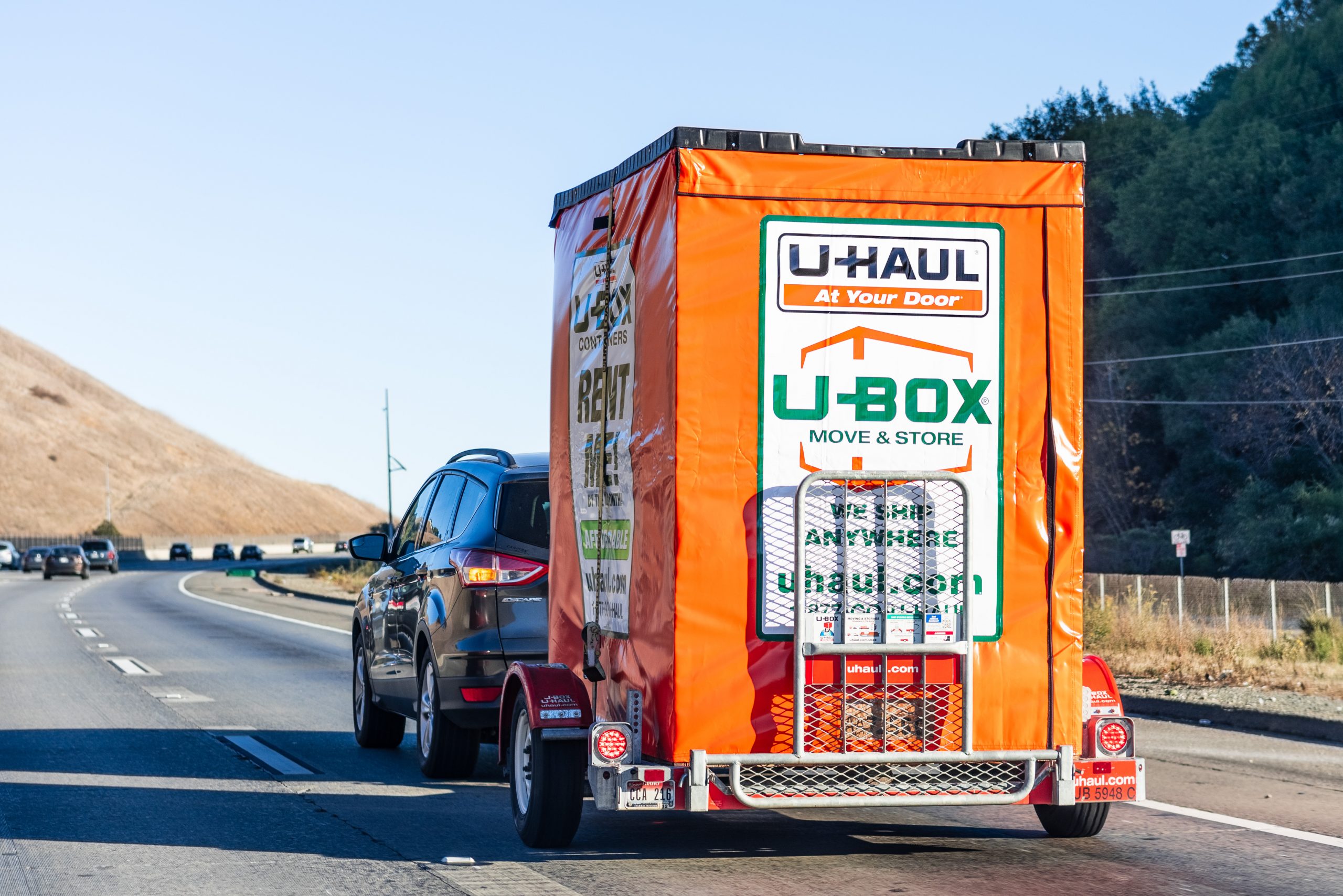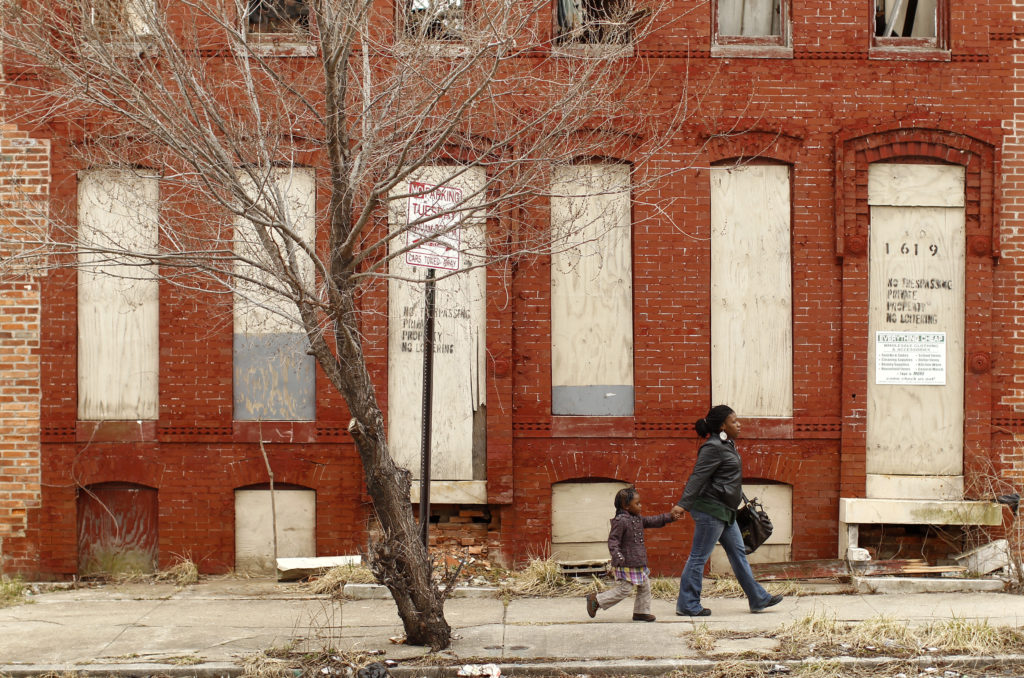Leftist dominance in California isn’t going to ease up anytime soon—plan accordingly.
Los Angeles: City of Dreams (and Violent Crime)

Reckless crime policy has turned even the nice parts of Los Angeles into hellscapes.
“This looks like Hawaii!” my friend from New York said, as we drove through Santa Monica. Other friends came to visit and marveled at the palm trees and the weather.
That was April 2009. I’d been a longtime New York City girl who needed a break from the long, dark winters. I thought Los Angeles might offer a refreshing new chapter. If I hated it, I could always go back home.
But at that time, everything just seemed better in Southern California.
Paradise on the Brink
Back then, Santa Monica wasn’t without its problems. There were some homeless people around, and a lot of petty crime, but the streets were mostly safe. When our apartment flooded twice, we knew it was time to move.
We headed to downtown Los Angeles. The place was booming with newly-built developments, and the headlines were hyping up L.A.’s new downtown. Yet despite the excitement, not one block of it ever felt safe to me. I was by nature a street-smart girl. I can handle city streets. But downtown L.A. was different. The homeless scene there was aggressive, and downright scary.
The homeless approach you. They yell at you. At times, they follow you. I ended up spending my days and nights inside of our building. I was petrified to even just walk outside. I had moved west for the ocean, the sunshine and weather, yet I was suddenly surrounded by grit, crime, and meth-heads.
Downtown Los Angeles is perplexing: a place where people hoped for some magical renaissance, but in actuality it’s an area held prisoner by its Skid Row neighborhood, home to thousands of homeless within a half-mile radius. Most were living in cardboard boxes or tents, by choice, because they shunned shelters in favor of the anarchy of street life. Anywhere you go downtown, you’re just a block or two away from a crack, meth, and heroin fix.
By November 2014, California voters had to decide on a new ballot initiative: Prop 47. The argument for Prop 47 was that it would change non-violent crimes such as drug possession and petty theft from felonies to misdemeanors. This would apparently save hundreds of millions of dollars and those funds would be used to fund schools and provide mental health and drug treatment.
That all sounded great, until law enforcement, prosecutors, and crime victims countered with: “Prop 47 will potentially release 10,000 felons from prison. This Prop will also reduce penalties for possession of date rape drugs, and for stealing guns.”
But those facts aside, as tends to happen in La La Land, clueless celebrities stood up and fought for Prop 47.
Not surprisingly, 60% of the voters chose celebrities over the pleas of California law enforcement and victims, and voted “yes” to Prop 47. For the next few years, up to 10,000 felons would be released from California prisons.
Mansions, Mercedes, and Vagrants
My reclusive downtown Los Angeles lifestyle was slowly suffocating me. When I realized Beverly Hills was only eight miles away, South Beverly Boulevard soon became a part of my morning routine. Finally, some normalcy. Even in rough cities, there are places where it’s assumed you can be safe. Not so in L.A.
I found a quaint Beverly Hills coffee shop that I frequented often. One day, as I went to sit on my favorite bench, I hesitated when I noticed the others that were sitting there as well: two businessmen furiously typing away on laptops, and a third guy that I deemed questionable. But as often happens in today’s world, my internalized “P.C. police” won out over my human, gut instinct.
I sat down and started working, with this sketchy guy, holding a guitar, two seats away from me. Minutes later, the guitar guy started rambling loudly.
“Stop following me! You’re following me!”
Every person seated in the area did what then came naturally: we all looked up at each other, nodded as if to acknowledge we knew he was mentally unstable, and then we put our heads back down and went back to work.
After some further yelling, guitar guy quickly stood up in front of our bench and whipped out a long knife.
“Are you ready to go to the E.R? Because today’s your lucky day! And I got even more blades in my pocket!” he shouted maniacally.
He paced in front of our bench, waving his long knife in the air, just a few feet away from me and the two businessmen. I could feel their fear, even though no words were exchanged. As human nature dictates, we all acted as if we didn’t even hear him. Because looking up at this maniac might mean “defiance” to him. Ignorance was instinctual, and it was our only chance at safety.
For the next, longest minute of my life, every thought ran through my head: Would he lunge at me because I didn’t have a laptop screen to act as a shield, or because I was a woman, and the easiest target? Was I about to witness a stabbing? Was I going to die today?
The Beverly Hills Police saved us that day. Two police interviews later, I wobbled out of the coffee shop. What had started out as any normal Tuesday had ended in mayhem. It was only 10am, yet I was drained. When I got to my car, I called my husband. Just re-hashing the details made the reality, and the severity of it all, settle in. The adrenaline ceased and the sobbing began.
I shouted, “If you insist on living here, you better find the safest place in this whole city! I lived in New York for fifteen years and I was never held at knifepoint. I was held at knifepoint in Beverly Hills! Where the hell are we?”
During the interviews, one officer had asked me: “At any point, did you fear for your life?”
I answered with a stern, “Yes. I feared for my life as well as the lives of the two men next to me.”
But I never received any follow-up. No court case. Because it was May 2015, and Prop 47 was in place. According to California law, crazy guitar guy “technically” didn’t hurt anyone. And if guitar guy was without a violent record, then this little act of menacing people with a long blade and telling them they were going to die, was no biggie. This was Mayor Garcetti’s new Los Angeles.
A New Beginning?
Within two months we had left downtown L.A. and settled in Manhattan Beach, a beautiful suburb in the southern part of Los Angeles County. “You’ll be safe here,” the residents assured me. They jokingly called me the “refugee from Beverly Hills.”
I went from being a shut-in to exercising along the beach every evening. The sunsets were stunning. There was nothing to worry about in Manhattan Beach. We finally felt like we were home.
Within a year the 2016 election rolled around, with a new ballot initiative listed for California. This one was Prop 57, the sister of Prop 47. California state leaders pushed it by telling voters the prop would give “juvenile, and non-violent criminals” another chance, and it “would save tens of millions of taxpayer dollars.”
Those against Prop 57 then explained that because of the way Section 667.5 of the California Penal Code was written, Prop 57 would also allow release of violent criminals, including those who committed: rape of an unconscious victim, rape by intoxication, human trafficking involving a sex act with minors, drive-by shootings, domestic violence involving trauma, attempting to explode a bomb at a hospital or school, failing to register as a sex offender, and more. The prop was dangerous and misleading, and would take away the rights of victims and give more rights to criminals.
I couldn’t imagine anyone actually thinking Prop 57 was a good idea. But I soon began to realize that in California, the same place where any dream you imagined was possible, the unimaginable was just as possible. Prop 57 passed, with 64% of the vote. Shortly after the election, on December 31, 2016, the L.A. Times front page blared: “Violent crime in L.A. is up for the third year in a row.”
And with Prop 57 soon to go into effect, those of us with any inkling of sensibility knew that Los Angeles was on its way to hell.
Searching for Safety
The advent of Neighborhood Apps then brought further proof: L.A. was on a fast-moving, downward spiral. Neighbors constantly posted videos of their security cameras showing vehicle and home break-ins. There was no disputing the evidence.
Back in Manhattan Beach, the glamorous suburb where median homes range from $2 million to $20 million, home and vehicle break-ins skyrocketed. One night, a home heist involving five suspects took place, with half the town waking up at 3am to blaring sirens, and helicopters beaming down spotlights into yards, in search for the suspects. Residents described it as “being in a war zone.”
As one friend recounted, “I sat on the balcony of my $3 million home, rifle in hand. If there were suspects on the loose, I had the right to protect my family.”
Homeless encampments started popping up, from outside of City Hall to the local Bank of America parking lot. And a simple day at the mall would find you face-to-face with meth heads, scratching their scabs while running into moving traffic and threatening people in cars.
Then came the sexual assaults. One involved a female walking to her car after a Saturday night out. Another involved three 16-year-old girls who were walking on a Saturday night at 9 p.m. in the wealthiest part of town, only to have a sick, sexual deviant jump one of them from behind. As he sexually assaulted one of the girls, the other two teens struggled to save her by beating him.
Many locals would debate me: “This happens everywhere—we live in a suburb of a big city.”
As someone who has lived in a few suburbs of big cities, comparable in luxury to Manhattan Beach, I can attest that this is not normal. Ask the residents of Greenwich, Connecticut or Glencoe, Illinois. The felons on the streets of Los Angeles are so numerous and so evil, there is no longer safety in numbers, even for teenagers, walking around on a Saturday night.
Then, another woman, returning home on a Sunday night at 9 p.m., was followed into her home and raped. The police advised that carrying mace might not even help, as the mace could be used against us if we are attacked from behind. Instead, we were advised to now carry mini air horns, as we walk our dogs outside of our multi-million-dollar homes. Before long, I could no longer do my evening beach walks. I started to limit the times I’d be outdoors after dark. I found myself, once again, feeling like a prisoner in my own home.
A few years later, despite spending over $3 billion supposedly to help the homeless, the county of Los Angeles now has over 70,000 homeless, with no viable solutions. Crime is increasing year to year to numbers not seen in over a decade. Los Angeles has more people in poverty than any other big city. The state of California itself is the poverty capital of America.
The morning after the horrific rape in Manhattan Beach, the Nextdoor App was aflutter once again at 10 a.m.: the schools were on lockdown, police and a SWAT team were engaging a house, nestled amongst other multi-million-dollar homes.
One fed-up neighbor posted, “My God, are we officially under siege?”
Yes, my friend. Yes, we are.
The American Mind presents a range of perspectives. Views are writers’ own and do not necessarily represent those of The Claremont Institute.
The American Mind is a publication of the Claremont Institute, a non-profit 501(c)(3) organization, dedicated to restoring the principles of the American Founding to their rightful, preeminent authority in our national life. Interested in supporting our work? Gifts to the Claremont Institute are tax-deductible.
Here’s how.
Putting the question to David French about moral reasoning in action.
The Biden Administration is on track to stiff our desperate working class.




